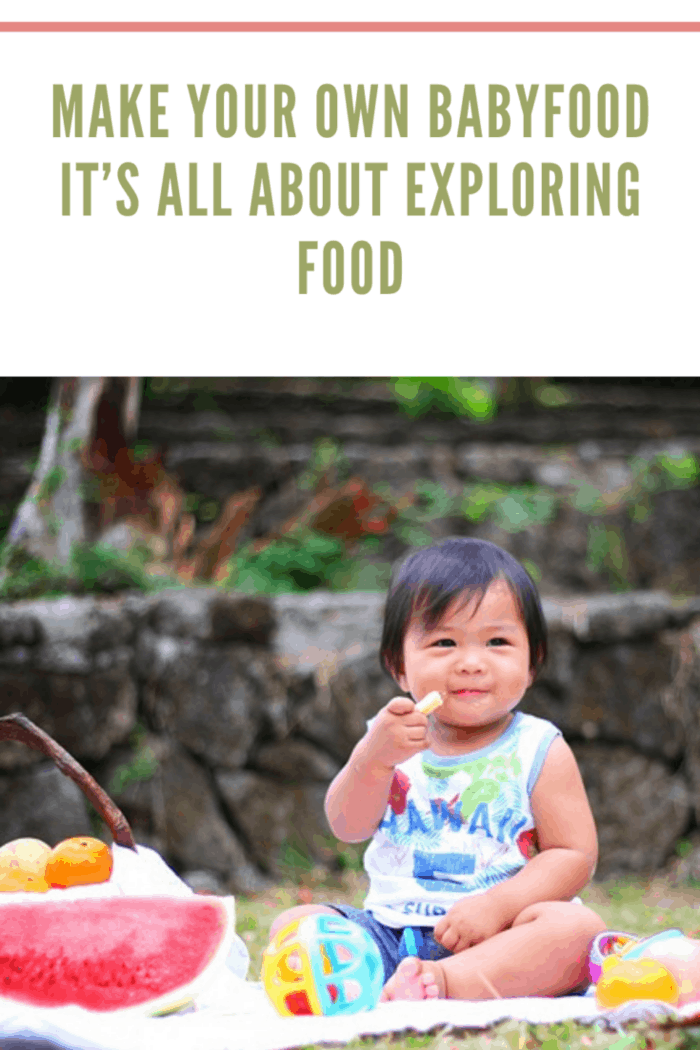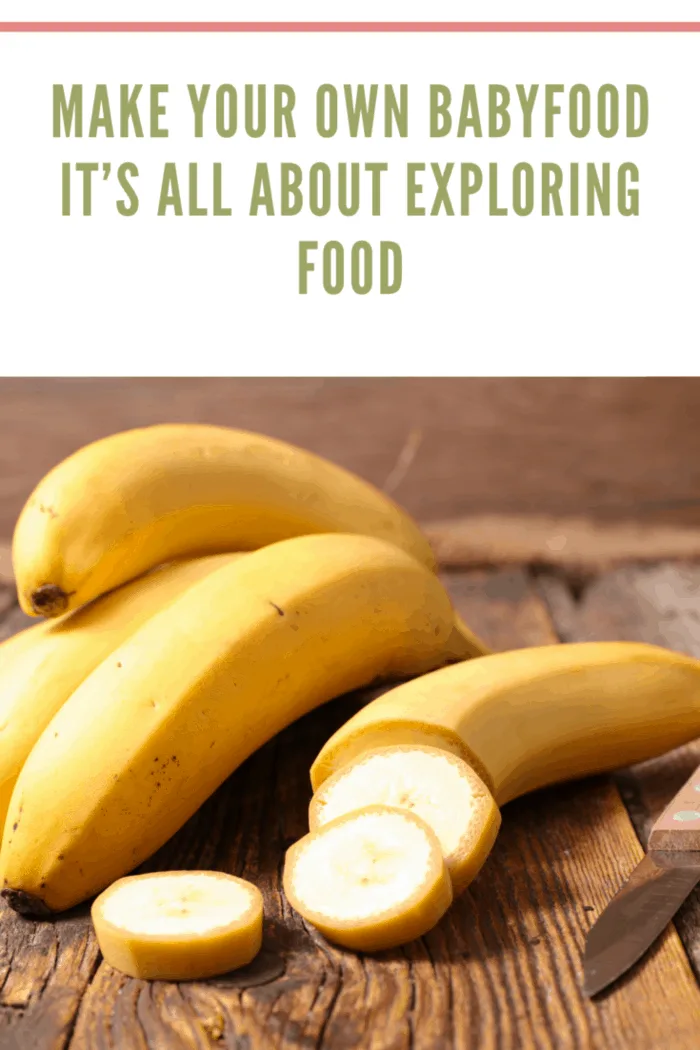Homemade baby food provides an essential complement to your baby’s diet from around six months of age. Your baby is actively exploring their world by this time, and most are ready to start exploring food! While milk (either breast milk or formula) will still form the backbone of your baby’s nutrition until they reach 12 months, introducing quality homemade baby food will help your little one develop optimally.
Why Homemade?
Cooking at home takes time and effort. However, it offers several advantages for your family. First, it puts you in control of your child’s nutrition. Second, it’s cheaper to prepare baby food rather than buy it pre-made. Third, you can avoid overburdening the environment with one-use packets that will either need to be recycled or thrown out.
Which Ingredients Are Best for Babies?
Most baby foods that are sold today are based on cereals, fruits, and sugar and are cooked or ultra-pasteurized for stability. Interestingly, traditional cultures rarely start babies with rice — preferring nutrient-dense foods like egg yolks, liver pate, and avocados. In the book Nourishing Traditions by Sally Fallon [1], it’s actually recommended to hold off on the grains until your baby is at least 12 months old, as these foods are more complex and difficult to digest.
Some parents are afraid that introducing eggs “too early” could cause an allergic reaction in the child. Fortunately, there is no evidence that the early introduction of allergens is harmful. In fact, an early introduction of foods like eggs and peanuts might actually help to prevent allergies from developing.

Easy First Meal Ideas
Making baby food doesn’t have to be hard. And with many families spending more time at home these days, maintaining a healthy home is accessible (and important). When preparing a meal for your family, you can often feed your baby one or more ingredients from the family meal to avoid cooking separately for your baby. Here are some suggested foods from Nourishing Traditions.
Six Months
Breast milk is 50-60% fat, so a baby’s first foods should be high in fat as well (NCBI).
You can give your baby the following foods from around six months of age:
Animal Foods
- Egg yolks (pastured, high omega-3 varieties if available)
- Minced and puréed meat
- Liver (raw frozen and grated or cooked)
- Cod liver oil (½ teaspoon per day)
Fruits
- Avocado
- Banana
- Papaya
Vegetables (served with butter)
- Steamed carrot
- Steamed sweet potato
- Steamed beets
Eight Months
You can add cream, plain yogurt and/or kefir, creamed vegetable soups, cooked stone fruits, and small amounts of cheese at eight months of age.
Foods like cheese, sliced fruit, and steamed vegetables make for great beginner finger foods!
12 Months
You can add grains and legumes at around 12 months of age — always soaked overnight and cooked thoroughly.
You can also give your baby very small amounts of honey at this age.
Before one year, there’s a risk of infant botulism from the Clostridium botulinum bacteria in honey, so you should never give honey to younger infants.
Putting It All Together
As we’ve seen, it’s easy to create a diet for your baby that’s high in fat, iron, and Vitamin C — using simple, whole ingredients that are often part of the family meal.
Suppose you’d like to prepare special meals for your baby. In that case, you can do this easily using pressure-cooker and baby-friendly blender recipes, making sure to combine fruits and vegetables with fats (butter, cream, coconut oil, or milk). (check out blendjet.com for recipes)
Many easy baby meals can even be made by puréeing ingredients from the garden with a little bit of breast milk or formula, says The Grow Network. Home-grown produce is typically high in micronutrients, and your baby will love the unparalleled taste!

Remember: It’s All about Exploring Food
The most important thing to remember is that babies under 12 months of age are still exploring food and don’t yet use it as their primary source of calories.
Many babies don’t start eating regular meals until they’re nine or ten months old.
After a milk feed, try one new baby food from the list and see how your child responds.
Soon, they will be eating meals with the family and thriving with your delicious, homemade food!
References:
- Fallon, Sally. Nourishing Traditions. NewTrends Publishing. 1999
Author bio
Katie Tejada is a married mother of six (and an animal mom of 12). She enjoys writing about the unique world of motherhood, pet care, and marriage in her spare time.

